Throughout my career, I have encountered numerous challenges and frustrations that have fuelled my desire to challenge the status quo. Before setting up my creative production agency, Sister Motion, I was often the only woman in the crew apart from the hair and make-up artist, and my gender often felt like an invisible barrier. A barrier I often had to break down in order to gain the respect and trust of my crew and clients.
Whether it was the questioning of my creative decisions by male directors of photography (or, in some instances, junior crew who I am certain wouldn't dare question a male director) or the constant guilt of balancing my career with my family responsibilities, following this path has been tough. It's not just the inherent challenges of filmmaking but the constant hustle of pitching - often for free, just to get a foot in the door - and the feeling that, as a woman, I'm often starting on the back foot. I love my job; it brings me so much joy, but at the same time, the industry has tormented me.
Sometimes, it is less about overt sexism and more about subtle things. Like, I might notice that conversations shift to technical matters when my male colleagues enter the room, as if they automatically assume I wouldn't be interested or knowledgeable. It's not necessarily malicious, but it does make you feel a bit sidelined, like you have to constantly assert your authority and expertise. There's this constant pressure to prove my competence in a way that my male colleagues don't seem to experience, and it can be frustrating.

I remember one shoot in particular, where I was directing a commercial for a well-known brand. The DOP, a man I had not worked with before, kept undermining my instructions in front of the crew. He'd subtly reframe shots, adjust lighting without consulting me, and generally make it clear that he thought he knew better. It was infuriating and demoralising, especially as the agency creatives seemed oblivious to what was happening. This DOP was someone the agency insisted I work with, which made the situation even more exasperating.
These experiences, though frustrating, have only strengthened my resolve. They have shown me the urgent need for change in the production industry, the need for more women in leadership roles, and the need for a culture that values diversity and inclusivity, one that goes beyond merely hiring token females to balance out otherwise all-male crews.
When my daughter turned two, I was offered a dream job travelling the world to direct a series of documentary brand films for a major PR agency. It meant being away from home for three and a half weeks, visiting Brazil, South Africa, and Australia. I turned it down; having survived two previous ten-day foreign shoots when she was only 9 months and 18 months old, I knew I wouldn't cope. Saying no and passing up the opportunity made me miserable, but I knew I couldn't leave my daughter for that amount of time when she was so young. When I found out the job went to a younger man with no kids, I felt a surge of anger—not at him, but at the system that has made it so difficult for mothers to pursue their careers without sacrificing precious time with their children. It was a no-win situation, and it felt like a betrayal of everything I'd been told about "having it all."

We are brought up believing we can seamlessly combine a thriving career with motherhood, but the reality is often very different. For many women, having children means putting their careers on hold, and when they do return, it's often to a less senior position or a role with significantly reduced responsibilities. And instead of support and understanding, they are met with the expectation that they should be grateful for simply being allowed back in the workplace. This is the reality that keeps many women from reaching their full potential in fields like commercial directing, where the freelance lifestyle, with its unpredictable schedules and income, can make childcare even more challenging. It is one of the reasons I had to dismiss the idea of having a second child – the uncertainty, the constant travel, and the pressure to provide; it just wouldn't have been feasible. Even with a supportive husband, the juggle would have been impossible.
In the UK, only 7% of commercial directors are women, and only 12.6% of creative directors are women. The industry needs to make it easier and fairer for women who have families to work flexibly and not be put in impossible situations where they have to make such black-and-white decisions. I believe the lack of women in creative leadership roles is why there are so many outdated, lazy stereotypes of women served up to us on our screens. Things are improving, but you still see uninspiring portrayals of women loading dishwashers or wrangling kids into the backs of cars in the content and advertising we consume. Advertising shapes popular culture, and if more women were ideating and executing these ads, I firmly believe our screens would be full of more empowering and progressive portrayals of women that would lift women up rather than link them to outdated stereotypes.
Recent media reports have suggested that D&I is an outdated concept and is being "cancelled." For example, a report in Advocate.com highlighted companies like Google, Aldi, and Target that have reportedly rolled back or eliminated their DEI initiatives in response to pressure from conservative groups and politicians. Yet, a 2024 report by the Unstereotype Alliance showed that diverse portrayals in advertising are linked to increased sales.
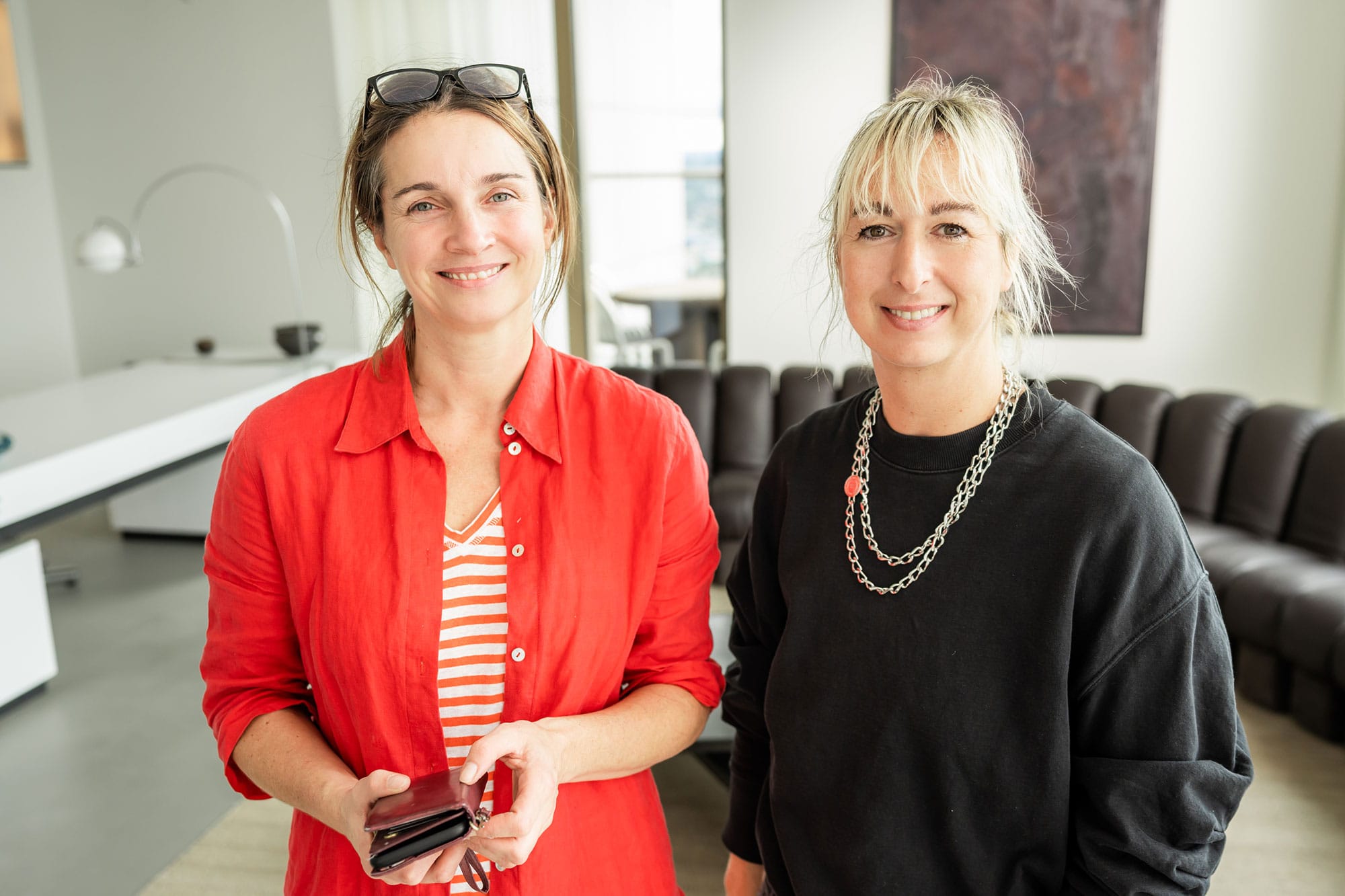
There needs to be more initiatives like Visible Start that train and support to help get mid-life women back into advertising. This ensures there is relevant creative talent producing content that appeals to mid-life women, who are proven to have the largest disposable incomes. I have also been frustrated by the fact that so many of my projects have revolved around my gender. I think many female directors are often siloed away into working on ladies' products — the problematic briefs that are too cringy for the male creatives to take on. And while being bold and brave and outspoken about women's issues like menopause and peri-menopause (that started for me last year), I am so much more than my gender. I have so many ideas and a passion to execute other types of work.
My lived experience and the proof that gender equity in the screen industries won't be achieved here in the UK until 2085 have been catalysts for me to challenge the status quo and demand a more equitable future for women in production. I co-founded Sister Motion with Claire Brown in 2022. As a video production agency, we offer a niche creative solution to brands and businesses that want to connect more authentically with female consumers. We produce content that speaks directly to women and work with clients who share our drive to challenge stereotypes and build a more tolerant, equitable society.
When women are empowered to tell their stories, we all benefit.
To play our part in closing the gender gap in our industry, we are passionate about hiring women to work with us on our productions. It is near impossible for women, especially those with a family, to curate a portfolio as varied and big as their male peers, which is why we put them first. The women we hire are chosen on merit, and they often bring along their male colleagues as part of their offering. For example, we had a director of photography, Martyna, work with her camera assistant, Henry, while another DOP brought along her gaffer, Tom. Not allowing these creative partnerships would be disingenuous and potentially damaging to the creative output.
Additionally, we have mentored junior staff on professional jobs and have run studio workshops teaching girls aged 7-11 the basics of studio filmmaking, hoping to inspire the next generation of filmmakers. We have encountered plenty of resistance from male peers questioning our hiring practices. However, by presenting data on the significant gender imbalance in the industry, we have gradually gained support and understanding. We have worked with major agencies like McCann and Ogilvy on campaigns that address important women's issues and stereotyping. We have also amplified women's voices in male-dominated areas like surfing through our International Women's Day collaboration with Surfing England.
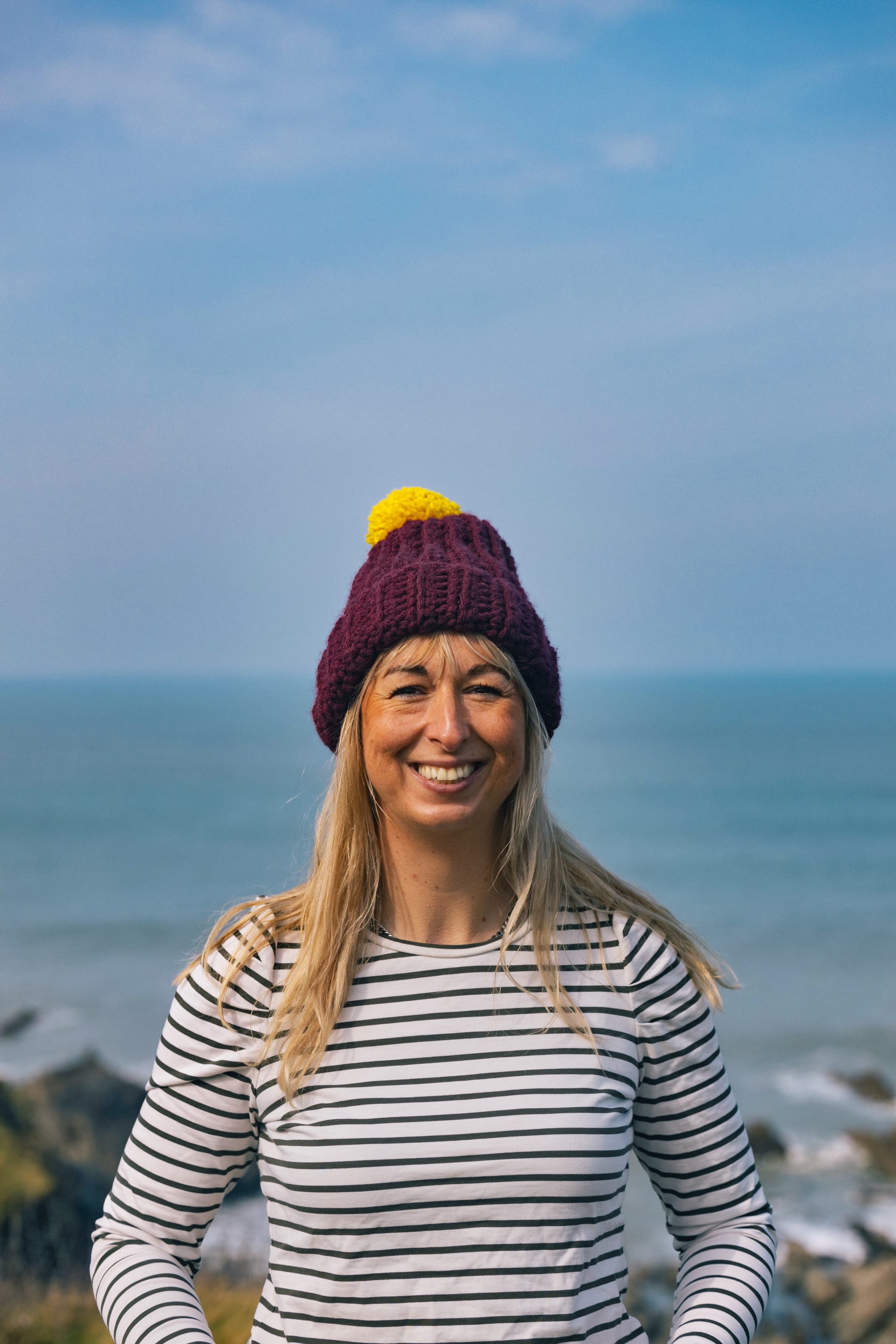
I am incredibly proud of the work we have done at Sister Motion to challenge the status quo and create a more inclusive industry. We have worked on some amazing projects, like the "See My Pain" campaign for Nurofen, which gave a voice to women who have felt misheard. We are also proud of the community we have built at Sister Motion. We are more than just a production agency; we are a group of like-minded women who are passionate about making a difference in the world.
I am a Disruptor because I am not afraid to challenge the status quo and demand a more equitable future for women in the film industry. I am also a Disruptor because I am passionate about creating content that authentically represents women and their experiences. I believe that when women are empowered to tell their stories, we all benefit.
Nicky Woodhouse is an award-winning, multidisciplinary director with 25 years of production experience across broadcast, commercial, and political filmmaking. She founded Sister Motion in 2022 to offer a unique production solution to brands that want to communicate more authentically with women, and actively tackles the industry's gender imbalance behind the camera by seeking to hire, promote and mentor female production talent. Sister Motion works with brands like Ben & Jerry's, Impulse and Nurofen and as a production partner to agencies like Ogilvy and Momentum.

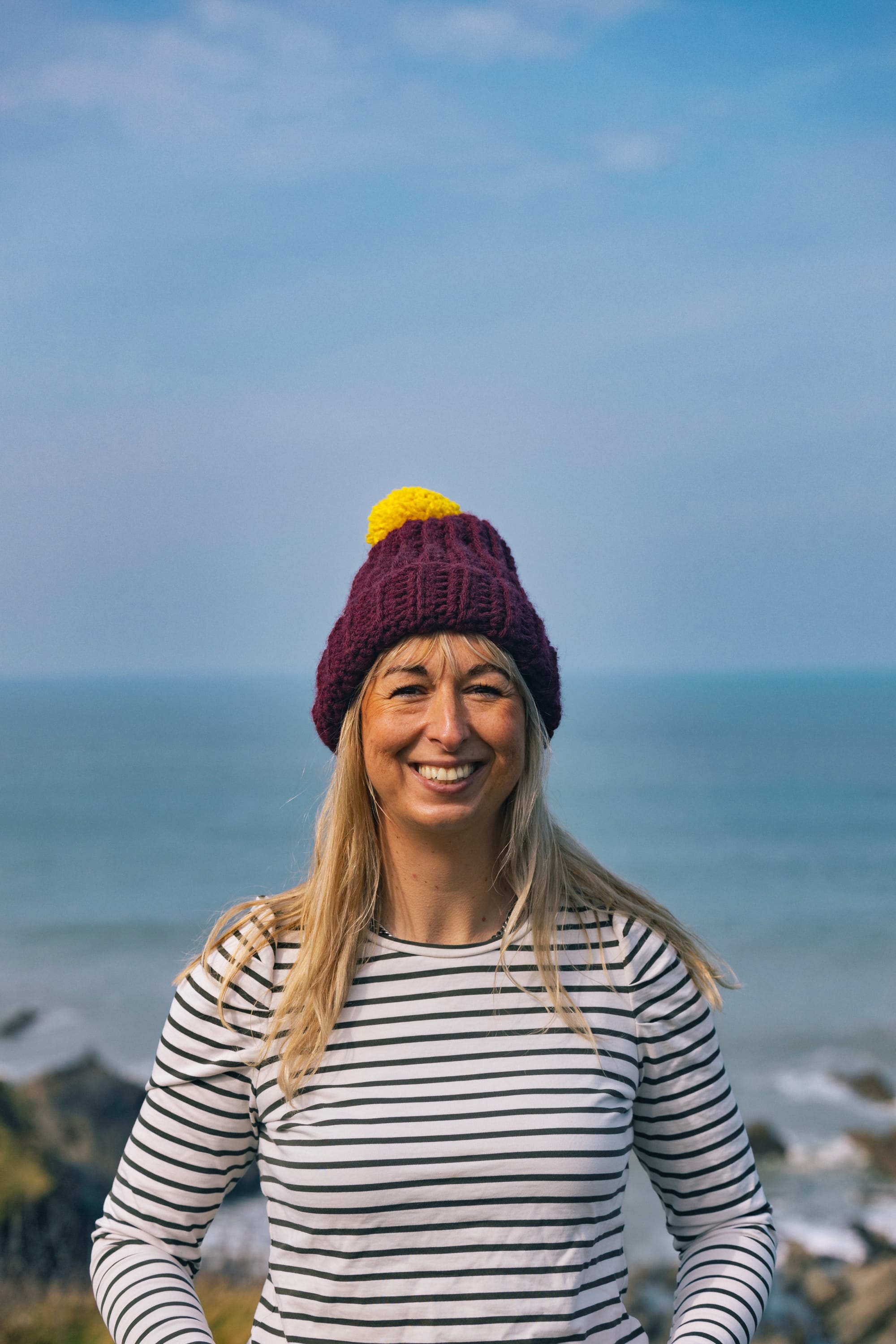
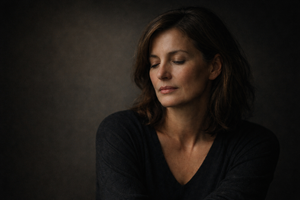


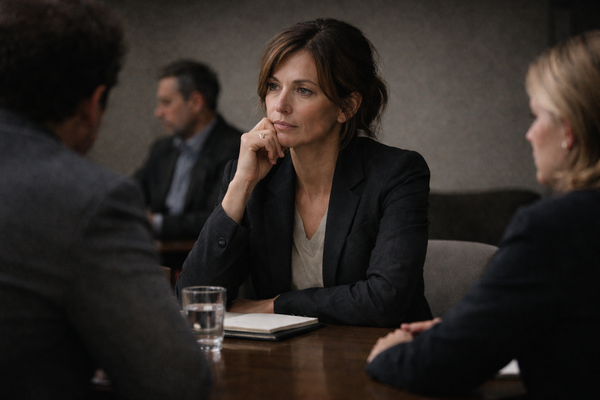
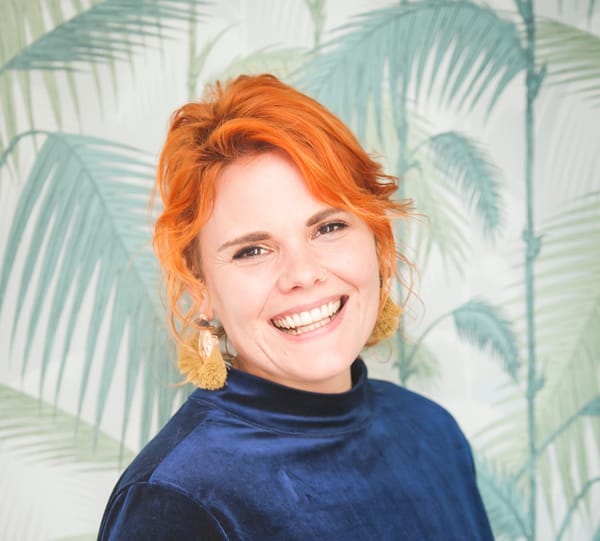



Member discussion